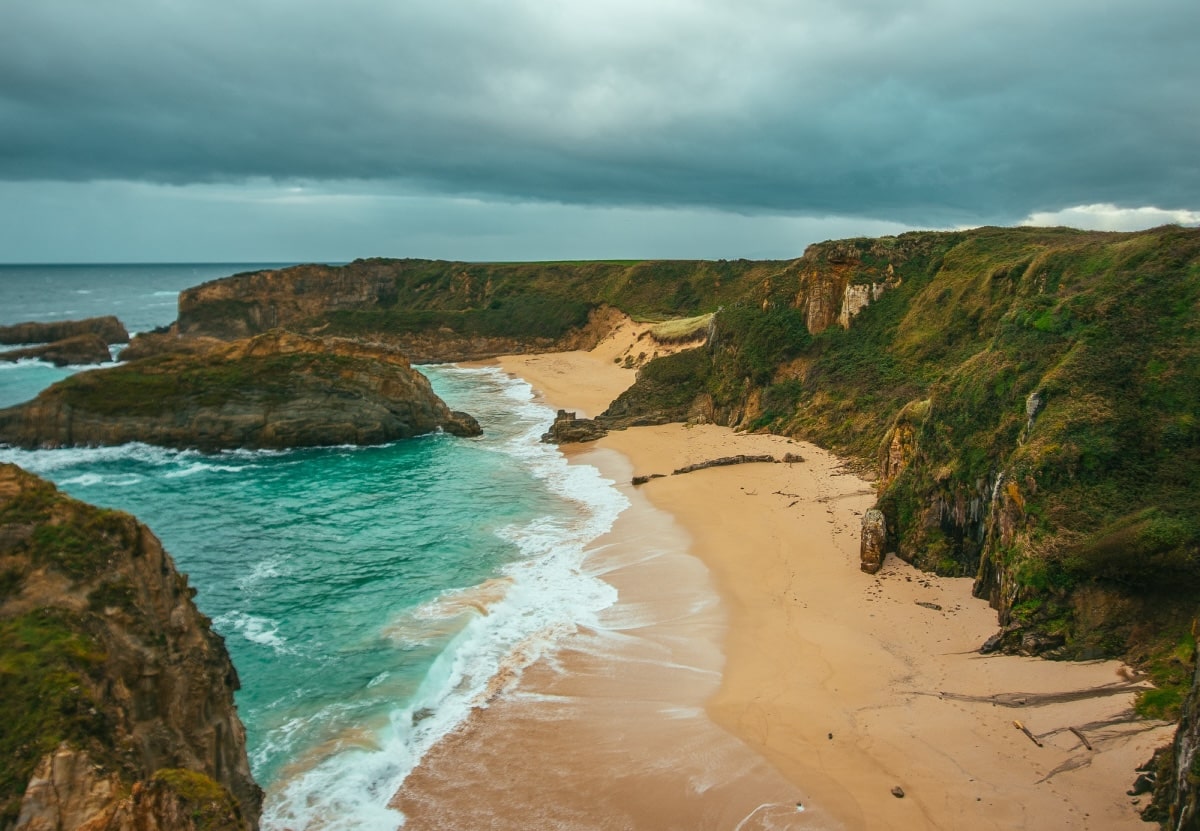
Did you know that Viking raids reached as far as Portugal? Yes, those seafaring Norse warriors didn't just stick to the icy fjords of Scandinavia. They ventured south, bringing their longships to the Iberian Peninsula. These raids began in the 9th century, leaving a mark on Portuguese history. Imagine the surprise of the locals when these fierce warriors appeared on their shores! The Vikings weren't just raiders; they were also traders and explorers. Their influence can still be seen in some Portuguese coastal towns. Intrigued? Let's dive into 20 fascinating facts about the Viking raids in Portugal that will transport you back to those turbulent times.
Key Takeaways:
- Viking raids in Portugal in the 9th century left a lasting impact on the region, influencing everything from military tactics to cultural exchanges and shaping the course of Portuguese development.
- The raids prompted the construction of better fortifications along the coast, led to increased trade between the Iberian Peninsula and the Viking homelands, and contributed to the development of a more unified and resilient Portuguese identity.
Viking Raids in Portugal: An Overview
The Viking raids in Portugal are a fascinating chapter in medieval history. These Norse warriors, known for their seafaring prowess, left a lasting impact on the Iberian Peninsula. Here are some intriguing facts about their incursions into Portugal.
The First Viking Raid in Portugal
The first recorded Viking raid in Portugal took place in the 9th century. These early encounters set the stage for future invasions and interactions.
- The initial raid occurred in 844 AD when Vikings attacked the city of Lisbon.
- Lisbon, then known as Al-Ushbuna, was under Muslim control during this period.
- The Vikings used longships to navigate the Tagus River, surprising the city's defenders.
- Despite their ferocity, the Vikings were eventually repelled by the combined forces of the city's inhabitants.
Viking Tactics and Strategies
The Vikings were known for their unique tactics and strategies, which often caught their enemies off guard. Their raids in Portugal were no exception.
- Viking longships were designed for both speed and agility, allowing them to strike quickly and retreat before reinforcements could arrive.
- They often targeted coastal towns and villages, which were less fortified than inland cities.
- The Vikings employed psychological warfare, using their fearsome reputation to intimidate their enemies.
- They also took advantage of local political instability, striking when their targets were most vulnerable.
Impact on Portuguese Society
The Viking raids had a significant impact on Portuguese society, influencing everything from military tactics to cultural exchanges.
- The raids prompted the construction of better fortifications along the coast.
- Local rulers began to form alliances to better defend against future Viking attacks.
- Some Vikings settled in Portugal, integrating into local communities and contributing to cultural exchanges.
- The raids also led to increased trade between the Iberian Peninsula and the Viking homelands.
Notable Viking Leaders
Several notable Viking leaders played key roles in the raids on Portugal. Their exploits are still remembered today.
- Björn Ironside, a legendary Viking chieftain, is believed to have led some of the early raids on the Iberian Peninsula.
- Hastein, another prominent Viking leader, conducted numerous raids in the region, including Portugal.
- These leaders were known for their strategic brilliance and ruthless efficiency in battle.
- Their exploits were chronicled in various sagas and historical records, cementing their place in Viking lore.
Legacy of the Viking Raids
The legacy of the Viking raids in Portugal can still be seen today in various aspects of Portuguese culture and history.
- Some place names in Portugal have Viking origins, reflecting the Norse influence on the region.
- The raids contributed to the development of a more unified and resilient Portuguese identity.
- Viking artifacts, such as weapons and jewelry, have been discovered in archaeological sites across Portugal.
- The stories of Viking raids have become part of Portuguese folklore, passed down through generations.
The Viking raids in Portugal were a tumultuous but transformative period in the country's history. These Norse warriors left an indelible mark on the Iberian Peninsula, shaping the course of Portuguese development in ways that are still evident today.
Viking Legacy in Portugal
Viking raids in Portugal left a lasting mark on the country's history. These Norse warriors, known for their seafaring skills, ventured far from their Scandinavian homelands, impacting many regions. Their raids, which began in the 9th century, brought both destruction and cultural exchange. Coastal towns faced the brunt of their attacks, but over time, the Portuguese adapted and fortified their defenses. This period of conflict also led to the blending of Viking and local cultures, influencing art, language, and trade. The legacy of these raids can still be seen in archaeological sites and historical records. Understanding this part of Portugal's past offers a glimpse into the resilience and adaptability of its people. The Viking era, though tumultuous, played a significant role in shaping the nation's identity and heritage.
Frequently Asked Questions
Was this page helpful?
Our commitment to delivering trustworthy and engaging content is at the heart of what we do. Each fact on our site is contributed by real users like you, bringing a wealth of diverse insights and information. To ensure the highest standards of accuracy and reliability, our dedicated editors meticulously review each submission. This process guarantees that the facts we share are not only fascinating but also credible. Trust in our commitment to quality and authenticity as you explore and learn with us.
